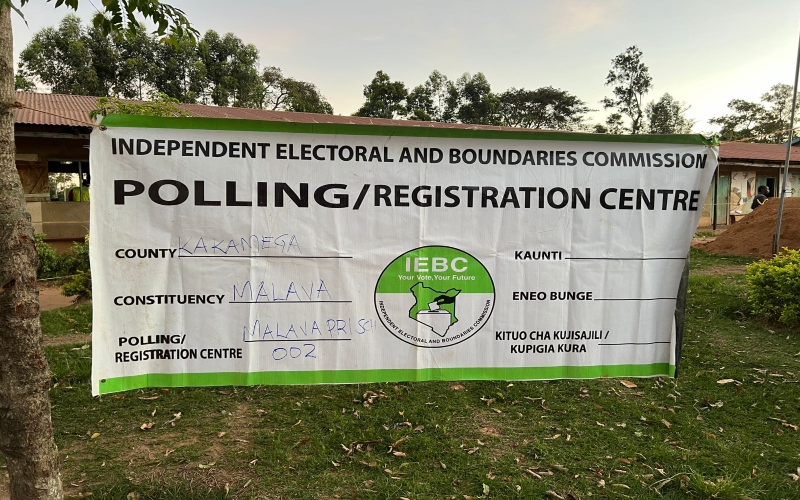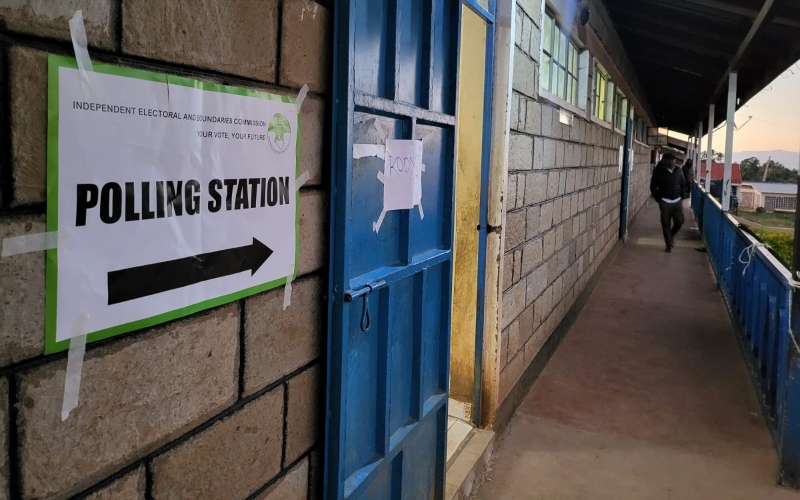Kenya criticises ‘over-judicialisation’ after East African Court of Justice blocks EU trade deal

The suspension will remain in place as judges examine a petition alleging Kenya failed to adequately consult fellow EAC members before sealing the deal with Brussels.
A regional court ruling has thrown Kenya's flagship trade deal with the European Union (EU) into uncertainty, prompting Nairobi to promise compliance, while sharply criticising what it calls a growing trend of "over-judicialisation" inside the East African Community (EAC).
On Wednesday, the Ministry of Investments, Trade and Industry said it would appeal the East African Court of Justice's (EACJ) order suspending implementation of the Kenya–EU Economic Partnership Agreement (EPA), signed in 2023 and ratified last year.
More To Read
- Nairobi to host EU-backed regional Maritime Security Week
- East African Court postpones swearing-in of nine Somali legislators to EALA
- Museveni clarifies Indian Ocean comments after Kenya downplayed war talk
- EU plans increased funding to support Somalia’s security transition
- IGAD leads new push for Peace in Sudan as regional and global partners back three-step plan
- Kenyan activists Bob Njagi, Nicholas Oyoo to sue Uganda in regional court over abduction
The suspension will remain in place as judges examine a petition alleging Kenya failed to adequately consult fellow EAC members before sealing the deal with Brussels.
The ruling "has caused uncertainty to our traders and the business community at large," said Cabinet Secretary Lee Kinyanjui.
He insisted, however, that exports to the EU will continue unhindered, adding that "steps are being taken to ensure continuity, predictability and protection of our existing commercial arrangements."
Kenya argues the EPA is vital for its economy - "the lifeline of our booming exports and a source of livelihood to a large majority of Kenyans," the ministry said.
Last year, Kenya exported goods worth $1.56 billion (Sh202 billion) to the EU, importing $2.09 billion (Sh270 billion) in return.
But Nairobi's irritation at the ruling was unmistakable.
The Ministry accused the court of encouraging "forum shopping" and shrinking the EAC's policy space. Judicial overreach, it warned, risks making the bloc appear "anti-development in the eyes of investors and external partners."
Still, Kenya signalled it will adhere to the decision for now, pursuing legal redress while preparing to take the matter to next week's EAC Heads of State Summit, which Nairobi will host.
Kenya wants the leaders to clarify Article 37 of the EAC Protocol - the clause governing partner states' external trade deals - arguing it is meant to facilitate transparency, not block sovereign trade action.
As a founding member of the bloc, Kenya reaffirmed its support for "variable geometry", the long-standing principle that allows EAC members to pursue different integration tracks without holding each other back.
Top Stories Today
















































